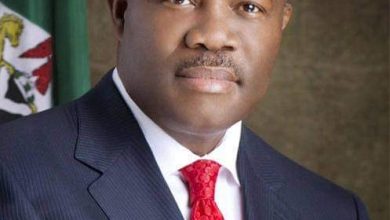Cardoso’s FX reforms deliver record $844m single-day trade

Turnover in Nigeria’s foreign exchange market jumped to $844 million on February 3, the highest level of trades since June 2, 2022, according to data compiled by the FMDQ Securities Exchange Ltd.
The amount is three times more than the $266 million traded on February 1.
The spike can be attributed to the latest reforms by Olayemi Cardoso, governor of the Central Bank of Nigeria (CBN), who unveiled a series of measuresthat enabled the naira to trade more freely against the dollar.
There is better transparency in the official market and banks were mandated to offload excess dollars. The CBN also removed the cap on transactions by the International Money Transfer Operators.
Analysts say there may be even more dollars to come as the banks unwind the liquid portions of their long balance sheet foreign exchange positions. That should spur further gains in the exchange rate.
The CBN last week ordered banks to limit their foreign exchange exposure to curb risks to the financial system, in the latest move to improve liquidity in the country’s volatile currency market.
The move is pushing banks to cut speculative bets against the naira, according to Ronak Gadhia, director of sub-Saharan banks research at EFG Hermes.
The increased dollar supply is already rubbing off on the embattled naira, which had suffered wild swings last week.

The naira strengthened to 1,419/$ on Monday, up from 1,435/$ Friday. The currency has gained for three consecutive days.
The parallel market rate is however not turning the corner just yet, fanning fears that it may only be a matter of time before a huge gap re-emerges between both rates again.
The dollar sold for N1,455 on the streets on Tuesday, leaving a 2 percent gap compared with the official rate.
To ensure the gap between the official and parallel market rates do not start to widen again, the CBN has to do everything possible to encourage inflows to the markets through foreign portfolio investors (FPIs) and Nigerians, sources familiar with the matter told BusinessDay.
“If supply is sustained, we are not likely to see a widening gap,” one source told BusinessDay.
“Nigerians with dollarised assets sitting in their domiciliary accounts estimated between $20 and $30 billion have to be incentivised to exit the dollar and hold Naira. There must be a way to achieve this,” the source said.Adapted from BusinessDay






